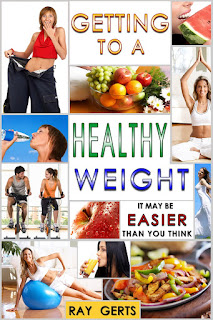Common Foods Tied To Blood Clotting

A nutrient in meat and eggs may conspire with gut bacteria to make the blood more prone to clotting, a small study suggests. The nutrient is called choline. Researchers found that when they gave 18 healthy volunteers choline supplements, it boosted their production of a chemical called TMAO. That, in turn, increased their blood cells' tendency to clot. But the researchers also found that aspirin might reduce that risk. TMAO is short for trimethylamine N-oxide. It's produced when gut bacteria digest choline and certain other substances. Past studies have linked higher TMAO levels in the blood to heightened risks of blood clots, heart attack, and stroke, said Dr. Stanley Hazen, the senior researcher on the new study. These findings, he said, give the first direct evidence that choline revs up TMAO production in the human gut, which then makes platelets (a type of blood cell) more prone to sticking together. Choline is found in a range of foods, but it's m...






